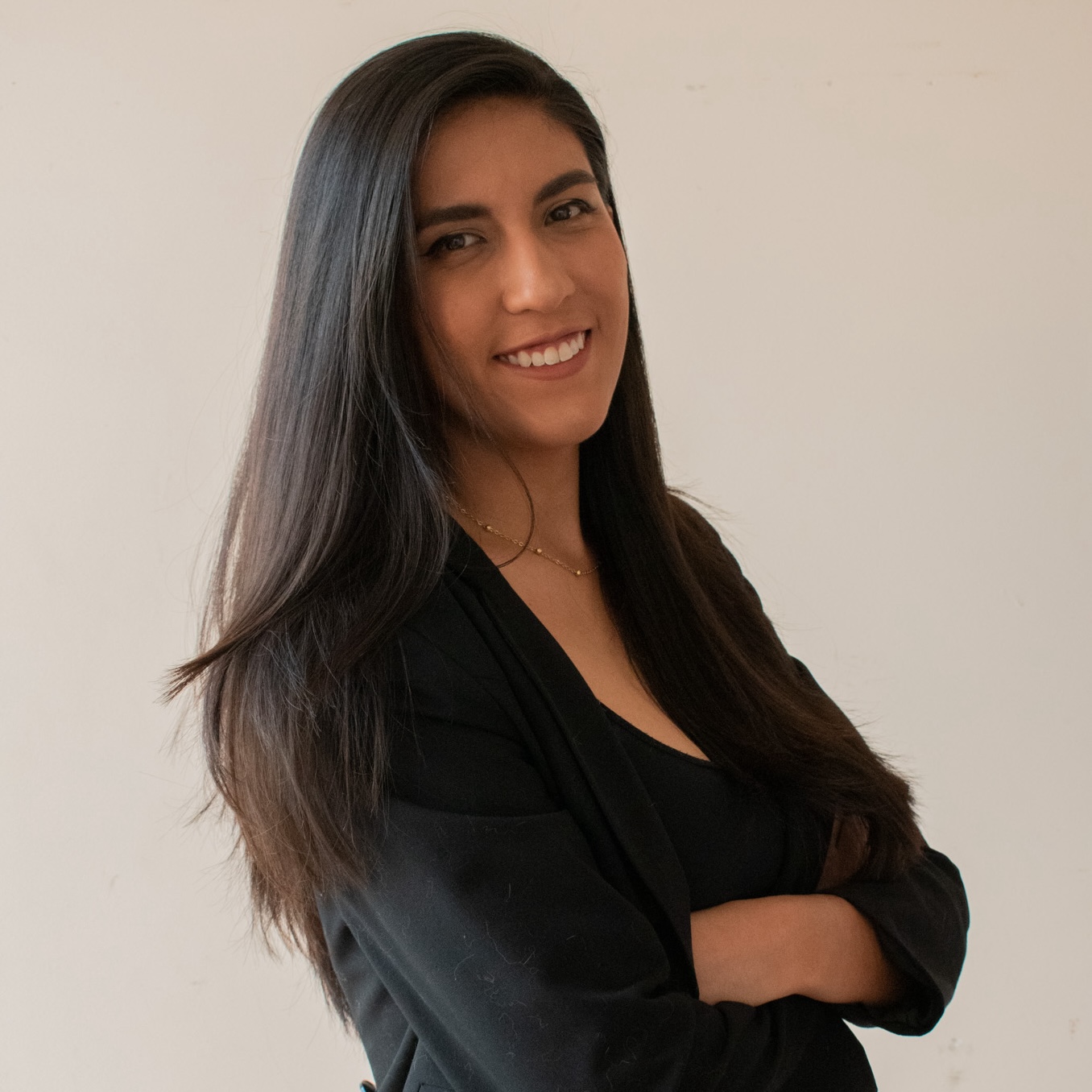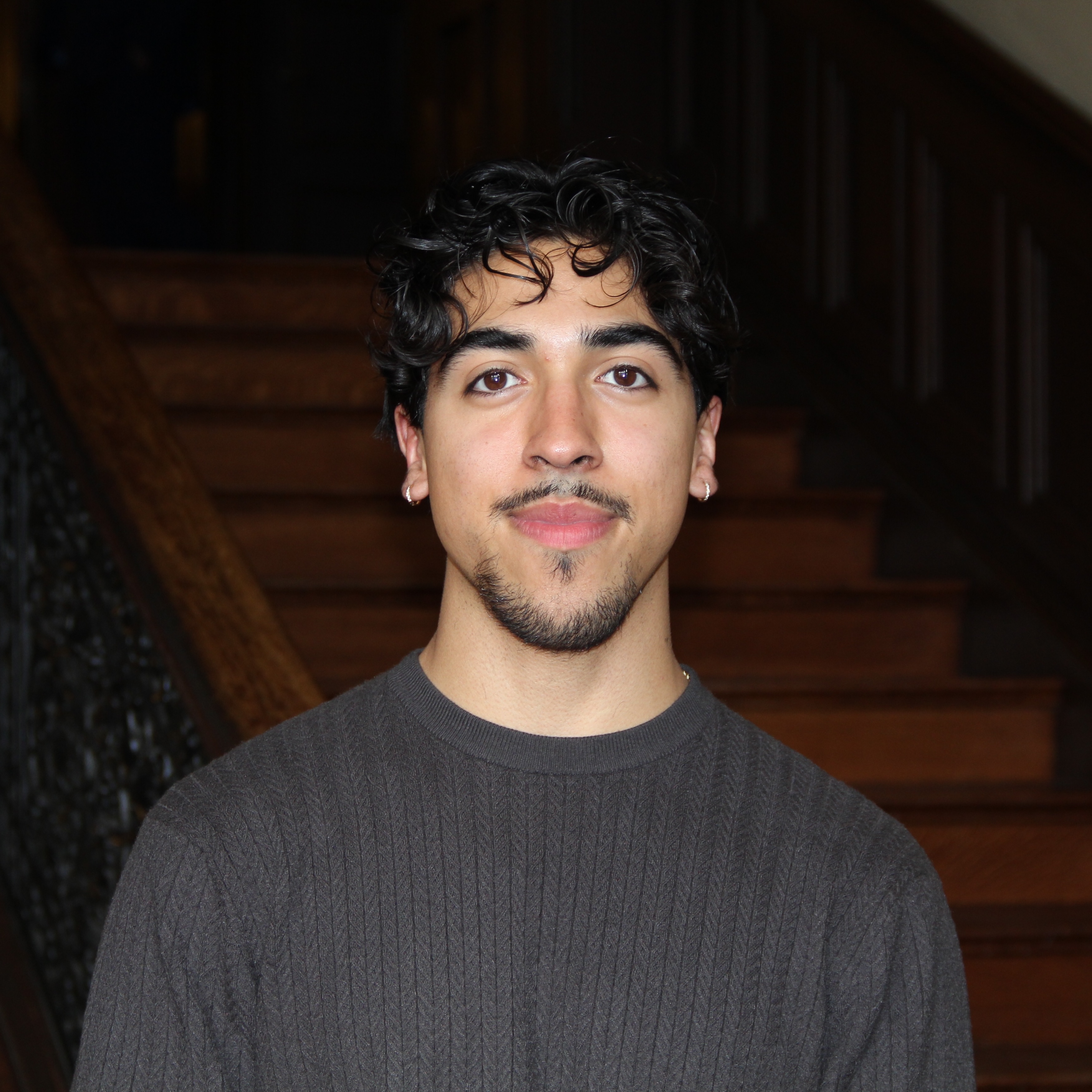Meet the Team
University of Chicago

Christopher R. Berry
Faculty Lead
Christopher R. Berry is the William J. and Alicia Townsend Friedman Professor at the Harris School of Public Policy and the College and director of the Mansueto Institute for Urban Innovation at the University of Chicago. He was the inaugural director of the Center for Municipal Finance and is a current faculty affiliate. Professor Berry's research interests include American politics, metropolitan governance, municipal finance, and intergovernmental fiscal relations. He is the author of Imperfect Union: Representation and Taxation in Multilevel Governments , winner of the Best Book Award in Urban Politics from the American Political Science Association, Theory and Credibility (with Scott Ashworth and Ethan Bueno de Mesquita), and many other scholarly publications. Professor Berry's research has been featured in the New York Times, Washington Post, Bloomberg BusinessWeek, Chicago Tribune, Crain's Chicago Business, Last Week Tonight with John Oliver , and many other outlets. Professor Berry is a member of the American Academy of Arts and Sciences. For access to Professor Berry's writings, please visit his research website . To learn more about his research on property tax fairness, visit www.propertytaxproject.uchicago.edu .

Eric Langowski
Senior Data Scientist
Eric Langowski is a Senior Data Scientist at the Mansueto Institute. He is also a senior data scientist for local government and has previously worked at the city, county, state, and federal levels of government. His work with University of Chicago Professor Christopher Berry on property taxes has been featured in numerous publications including the New York Times, Washington Post, and Bloomberg News. He has in the past worked with the Coalition for Property Tax Justice and as an adjunct lecturer at the University of Illinois Chicago. Eric holds a Master of Science in Computational Analysis & Public Policy from the University of Chicago and a Bachelor of Science in Mathematics from Indiana University.

Divij Sinha
Research Engineer
Divij Sinha earned an MS in Computational Analysis and Public Policy (MS CAPP) from the University of Chicago’s Harris School of Public Policy and is a research engineer with the Mansueto Institute for Urban Innovation. Before this, he has spent time working at the intersection of urban policy research and practice at the Urban Informatics Lab at the Indian Institute of Human Settlements. He has worked across themes like domestic work, employment, child and maternal health, and, migration.

Regina Isabel Medina Rosales
Data Science Fellow
Regina Isabel Medina is studying the MS in Computational Analysis and Public Policy (MSCAPP) at the University of Chicago with the support of the Fulbright scholarship. She holds a BA in Public Policy from CIDE. She worked as a Data Analyst in the Mexican non-profit sector (at Intersecta and México, ¿Cómo Vamos?), transforming complex and unstructured data sources into appealing visualizations and publications that informed public policy discussions. Her topics of interest include gender, social equality, and non-punitive interventions. As a Harris student, she has worked as a Graduate Research Assistant and is part of the student initiatives of South Side Civic and the University of Chicago Mexican Association.

Austin Steinhart
Data Science Fellow
Austin Steinhart is currently pursuing an MS in Computational Analysis and Public Policy from the University of Chicago’s Harris School of Public Policy. On campus, Austin serves as a Lead Developer with the Chicago Maroon and as a board member for South Side Civic. Before beginning graduate school, he worked in youth development supporting the next generation of change-makers and in political analytics as a full-stack analyst

Joseph De Leon
Data Science Fellow
Joseph De Leon is an undergraduate student at the University of Chicago, pursuing a dual major in Data Science and Urban Studies. During his time in the College, he has utilized GIS software to map the development of urban landscapes along Chicago’s 55th and 63rd Streets throughout the 20th and 21st centuries. He has also employed spatial analysis to research the accessibility of affordable housing developments across diverse Chicago neighborhoods. He is interested in applying data analysis to uncover disparities on topics such as housing accessibility, climate resilience, and transit equity.
Chicago Tribune

Sarah Freishtat
Business Reporter
Sarah Freishtat is a business reporter for the Chicago Tribune covering transportation. She was previously an enterprise reporter covering Aurora and the suburbs, and has also worked for a daily newspaper in Anderson, S.C.
